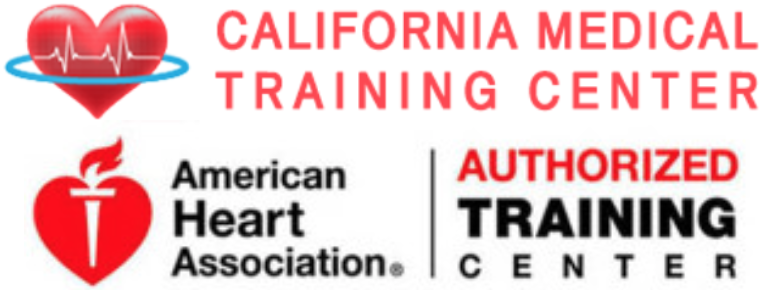Cardiac arrest is a life-threatening medical emergency that occurs when the heart suddenly stops beating effectively. Without immediate intervention, it can lead to death within minutes. There are various causes of cardiac arrest, ranging from underlying heart conditions to external factors. Here are some common causes:
- Coronary Artery Disease (CAD): CAD is a condition where the arteries supplying blood to the heart muscle become narrowed or blocked due to the buildup of plaque (atherosclerosis). A heart attack (myocardial infarction) can occur when a plaque ruptures, causing a blood clot to block the coronary artery, leading to cardiac arrest.
- Arrhythmias: Abnormal heart rhythms, such as ventricular fibrillation (VF) or ventricular tachycardia (VT), can disrupt the heart’s ability to pump blood effectively, leading to cardiac arrest. These arrhythmias can be caused by various factors, including electrolyte imbalances, structural heart disease, or abnormalities in the heart’s electrical conduction system.
- Cardiomyopathy: Cardiomyopathy refers to diseases of the heart muscle, which can weaken the heart’s pumping ability and increase the risk of arrhythmias and cardiac arrest. Causes of cardiomyopathy include genetic factors, infections, inflammation, and long-term high blood pressure (hypertension).
- Heart Valve Disorders: Malfunctioning heart valves, such as aortic stenosis or mitral valve prolapse, can impair blood flow through the heart chambers, leading to heart failure and cardiac arrest.
- Electrolyte Imbalances: Abnormal levels of electrolytes (e.g., potassium, calcium, magnesium) in the blood can disrupt the heart’s electrical activity and trigger arrhythmias, potentially leading to cardiac arrest.
- Drug Overdose: Certain medications, illicit drugs, or toxins can affect the heart’s rhythm and function, increasing the risk of cardiac arrest. Examples include opioids, cocaine, and certain prescription medications.
- Sudden Cardiac Death Syndrome: Some individuals may experience cardiac arrest without any apparent underlying heart disease or risk factors. This phenomenon, known as sudden cardiac death syndrome, often occurs in young individuals and may be related to inherited conditions affecting the heart’s electrical system.
- Trauma: Severe trauma, such as blunt chest trauma from a motor vehicle accident or penetrating injuries, can directly damage the heart or disrupt its normal function, leading to cardiac arrest.
- Hypoxia: Inadequate oxygen supply to the heart and other vital organs, known as hypoxia, can result from conditions such as respiratory failure, drowning, or choking, ultimately leading to cardiac arrest.
- Electrocution: Exposure to high-voltage electrical currents can disrupt the heart’s electrical activity, causing cardiac arrest.
Recognizing the underlying cause of cardiac arrest is crucial for initiating appropriate treatment and improving outcomes. Prompt initiation of cardiopulmonary resuscitation (CPR), defibrillation, and advanced cardiac life support (ACLS) interventions can help restore normal heart function and increase the chances of survival.


